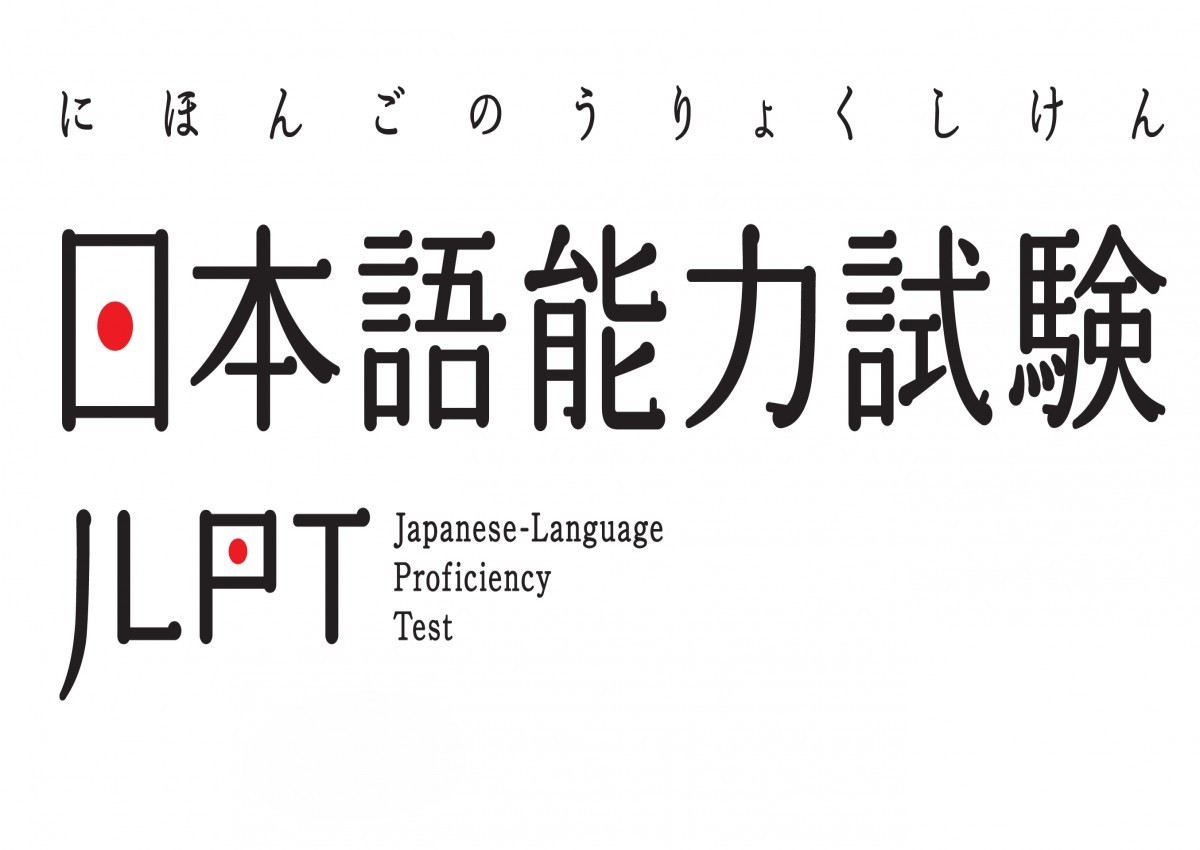08 Nov
"Why you're Studying Japanese All Wrong: And How to Fix It"
"Why You're Studying Japanese All Wrong: And How to Fix It"
Studying Japanese, while rewarding and fulfilling, can sometimes be challenging and frustrating. Many learners encounter roadblocks in their language journey, and often, they are studying Japanese in a way that may not be as effective as it could be. In this article, we will explore common mistakes that Japanese learners make and provide solutions to fix them.
**1. Neglecting the Fundamentals**
One common mistake is neglecting the fundamental aspects of the Japanese language, such as grammar, vocabulary, and kanji. Some learners rush into more advanced topics without mastering the basics. To fix this, invest time in building a strong foundation in these core areas. Use textbooks, language apps, and flashcards to reinforce your understanding of grammar and vocabulary.
**2. Not Embracing Reading Practice**
Japanese is a highly contextual language, and reading comprehension is vital for language proficiency. Many learners avoid reading practice, thinking it's too difficult. To fix this, start with simple texts and gradually work your way up. Reading manga, children's books, or NHK Easy News can be excellent entry points. Pay attention to context, idiomatic expressions, and sentence structures to deepen your understanding.
**3. Overlooking Listening Skills**
Listening comprehension is often overlooked, but it's a critical aspect of Japanese language learning. Some learners focus solely on reading and writing. To fix this, engage in listening activities. Watch Japanese movies, listen to podcasts, and engage in conversations with native speakers or language exchange partners. Exposing yourself to various accents and speaking speeds will enhance your listening skills.
**4. Memorization Instead of Comprehension**
Another common mistake is relying too heavily on memorization without truly understanding the language. Some learners memorize phrases and vocabulary without grasping their contextual usage. To fix this, shift your focus to comprehension. Understand the meaning and context of the words and phrases you learn. Practice using them in real-life situations to reinforce your comprehension.
**5. Not Balancing All Language Skills**
Effective language learning involves balancing all language skills: reading, writing, listening, and speaking. Neglecting one or more of these skills can hinder your overall progress. To fix this, allocate time for each skill in your study plan. Engage in activities that strengthen your weaknesses, whether it's practicing speaking, writing essays, or listening to native speakers.
**6. Not Using JLPT-Specific Materials**
For those preparing for the Japanese Language Proficiency Test (JLPT), not using JLPT-specific study materials is a common mistake. These materials are designed to align with the test format and content. To fix this, invest in JLPT-focused textbooks, workbooks, and practice tests. These resources will ensure that your preparation is tailored to the exam's requirements.
**7. Lack of Cultural Context**
Japanese is deeply intertwined with its culture, and not understanding the cultural context can be a hindrance. To fix this, immerse yourself in Japanese culture. Explore traditional customs, contemporary trends, and pop culture like anime and manga. This cultural understanding will enhance your language comprehension and appreciation.
**8. Impatience and Unrealistic Expectations**
Many learners expect rapid progress and fluency in a short time. Learning a language is a gradual process, and impatience can lead to frustration. To fix this, set realistic goals and be patient with your progress. Celebrate small victories along the way, and remember that language learning is a journey, not a destination.
In conclusion, studying Japanese is a rewarding endeavor, but it's essential to approach it in an effective and sustainable way. By addressing these common mistakes and implementing the suggested fixes, you can enhance your Japanese language learning journey. Remember, the key to success is a combination of diligence, patience, and a deep appreciation for the language and culture. With the right approach, you'll find yourself making steady progress and enjoying the process of mastering Japanese.










